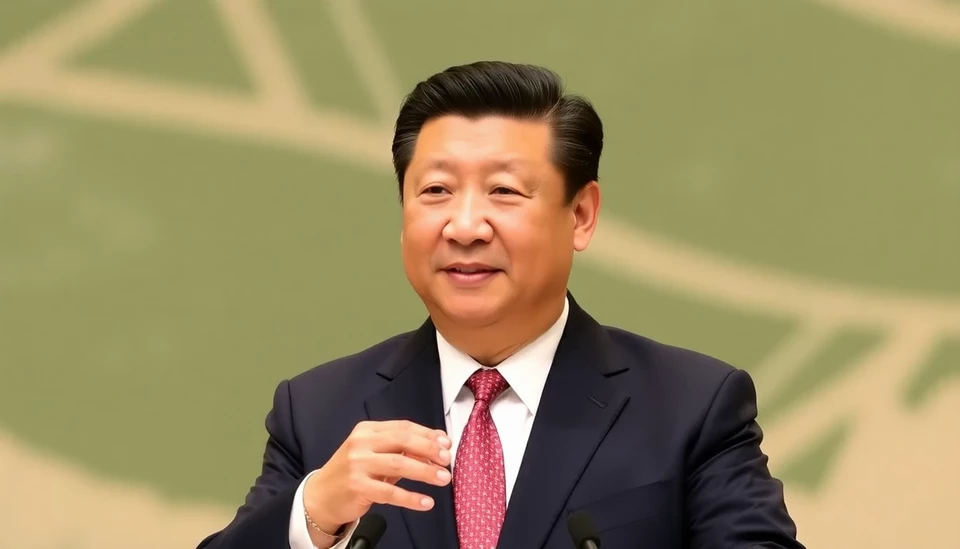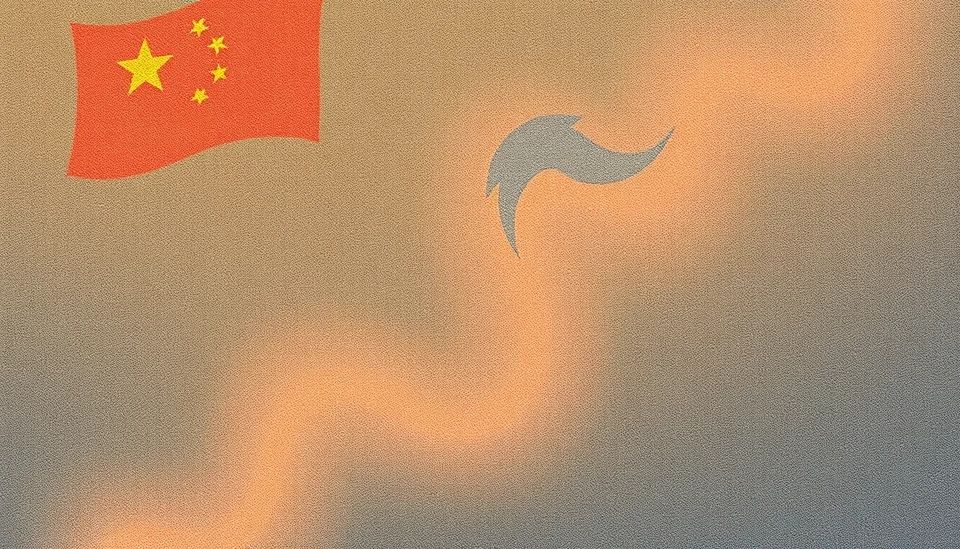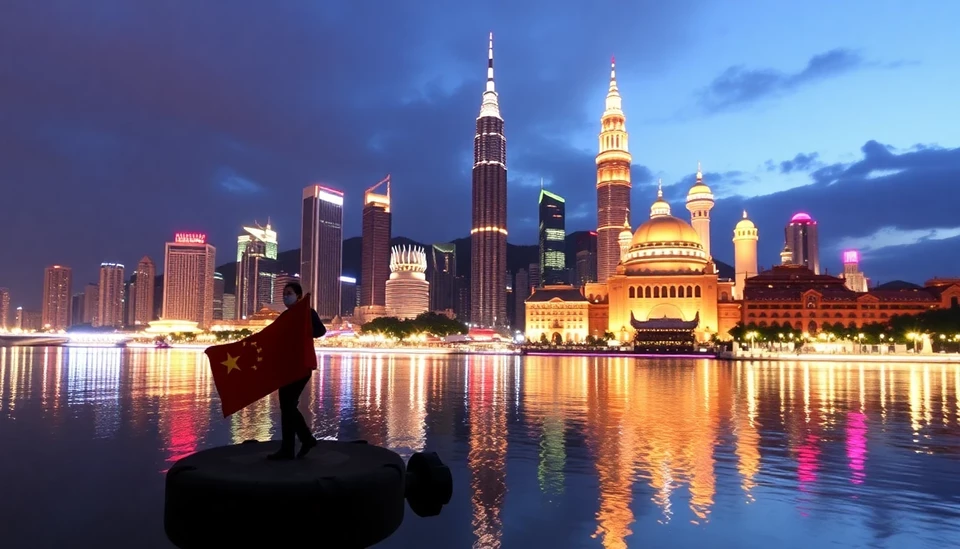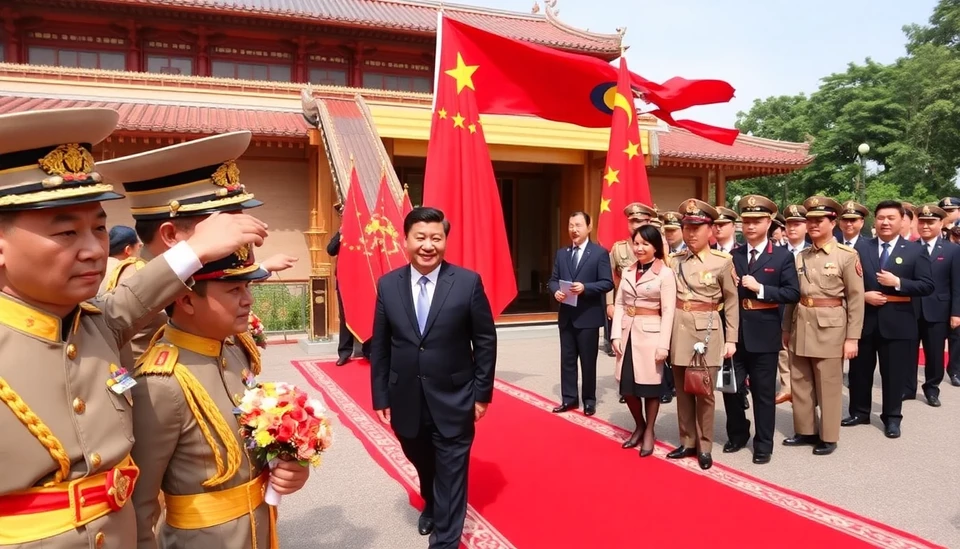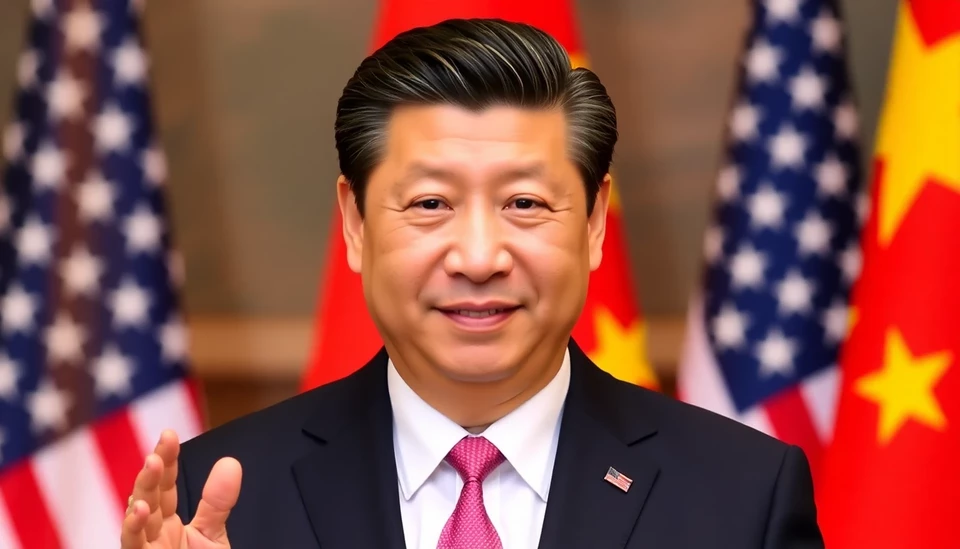
In a strategic move reflective of shifting global dynamics, Chinese President Xi Jinping is actively seeking to improve relations with European nations. This diplomatic effort comes on the heels of the growing divide created by tariffs imposed by former U.S. President Donald Trump, which have created friction between the United States and its European allies.
Xi's outreach is characterized by a series of high-level discussions and initiatives aimed at fostering collaboration on trade, investment, and climate change, areas where both China and Europe see significant opportunity for partnership. The discussions signal a potential pivot away from the confrontational stance that has defined U.S.-China relations in recent years, especially during the Trump administration's tenure, which was marked by aggressive tariff policies targeting Chinese goods.
European leaders, in turn, have expressed interest in re-engaging with China, motivated by the need for a balanced approach to global trade and the recognition that their economies can benefit from stable ties with Beijing. This sentiment is particularly pronounced as Europe grapples with the economic consequences stemming from the pandemic and seeks new avenues for growth.
Xi’s administration is reportedly keen on positioning itself as a cooperative global player, contrasting with the isolationist rhetoric that has characterized parts of U.S. policy. By engaging Europe, Xi aims to create a united front that may mitigate the geopolitical tensions that have escalated in recent years.
Moreover, climate change has emerged as a critical area of focus in Xi's overtures to Europe. With both regions acknowledging the dire need for action against climate change, leaders from China and Europe are likely to explore joint commitments and technological exchanges that may set a precedent for international cooperation in this field.
As these dialogues progress, the implications for global trade dynamics could be substantial. Strengthening ties with Europe may provide China with a crucial counterbalance against U.S. tariffs and may pave the way for securing vital markets for Chinese exports. Analysts indicate that a united front between China and Europe could reshape the landscape of international relations, potentially establishing a new economic bloc that prioritizes collaboration over competition.
For Europe, engaging with China could result in diversification of its trade relationships and lessen dependency on the U.S. market, fostering resilience in the face of future economic uncertainties.
As negotiations unfold, the world watches closely to see how these developments may impact not only China and Europe but the broader international community as well.
In conclusion, Xi Jinping's strategic diplomatic outreach towards Europe represents a significant shift in response to U.S. tariffs and highlights the complexities of global trade relations. Both regions stand to gain from a cooperative approach, setting the stage for potential transformative changes on the world stage.
#XiJinping #Europe #China #TradeRelations #USTariffs #ClimateChange #GlobalPolitics #InternationalRelations
Author: Laura Mitchell
